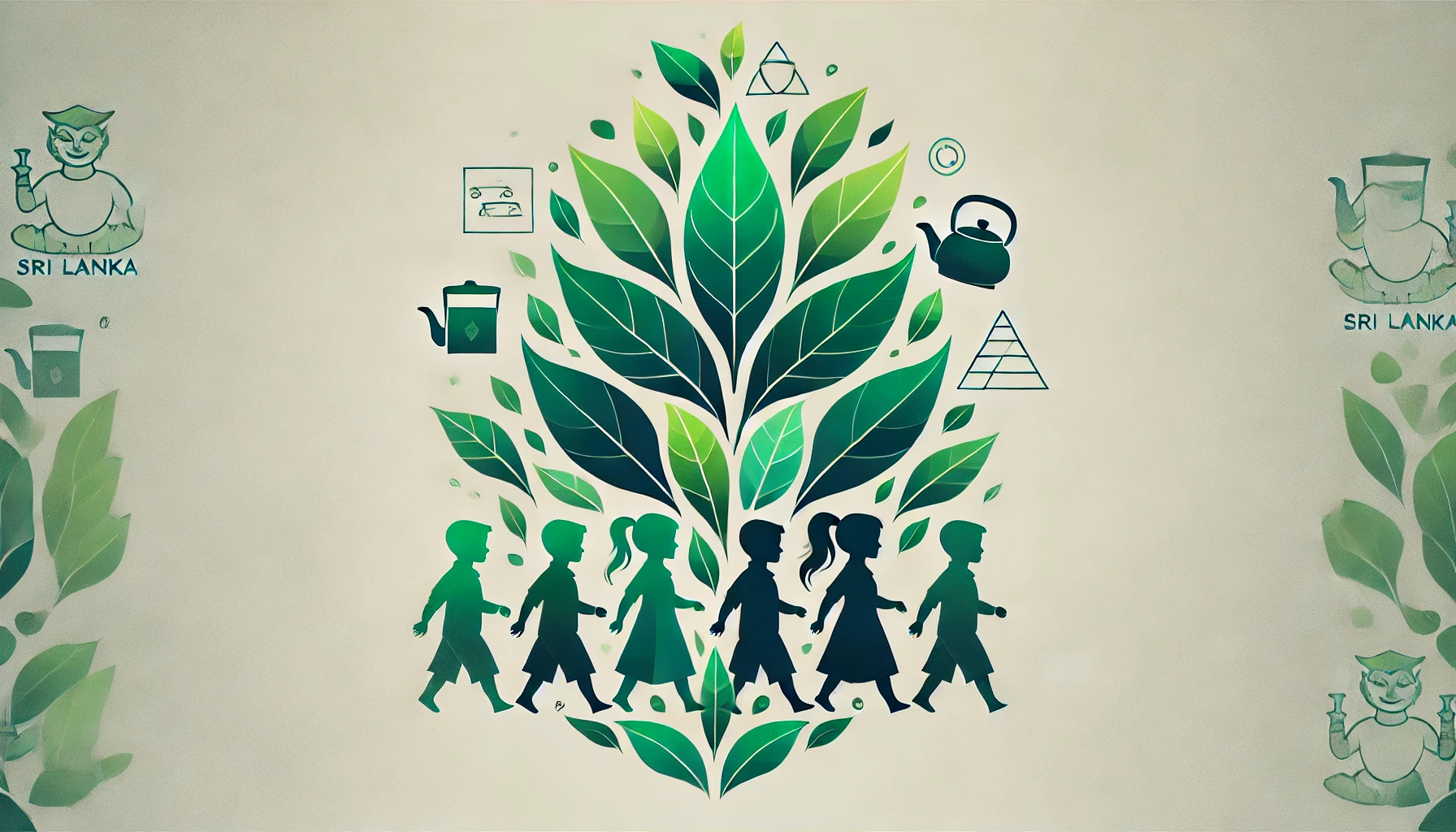The Experiences of Children on Sri Lanka's Tea Plantations: Labor and Sexual Exploitation, Violence, and Inadequate Education
Abstract
This article explores the difficulties faced by children living in Sri Lanka's tea plantation areas. Data from 150 children reveal high rates of poverty, violence, and school dropout. Children in tea plantation schools report bullying and stigma from teachers and students. Many children do not envision completing school due to inadequate resources, family income pressures, and the need to work. Children who drop out of school face abusive labor conditions and poor pay. Over 30% of all children report experiencing sexual abuse, often in their own homes. Those working face discrimination, physical abuse, and wage theft. Initiatives are needed to improve family incomes, reform schools, provide affordable childcare, enforce child labor laws, and raise awareness of safety and rights.
Keywords
- Sri Lanka
- Child labor
- Tea plantations
- Exploitation
- Violence
- Education
Key Findings
- 48% of children in plantation schools don't envision completing their education due to various obstacles.
- Approximately 30% of children across all surveys reported experiencing sexual abuse in their lifetime.
- Children who drop out face harsh labor conditions, with many earning less than $10 a day in tea plantations or $14 a day in cities.
- High rates of alcohol consumption were reported among working children, with some being forced to use alcohol by older workers.
Methodology
The study conducted three surveys with a total of 150 children aged 15-18 in Sri Lanka:
- 50 children currently enrolled in plantation schools
- 50 child laborers working in tea plantations/factories
- 50 children who left plantations to work in cities
Data was collected through interviews conducted by staff members from The Youth Voice International, a local non-profit organization.
Implications
The research highlights the urgent need for:
- Improving educational resources and opportunities in tea plantation areas
- Addressing poverty and financial barriers to education
- Reforming the school system to reduce violence and discrimination
- Enforcing child labor laws and protecting children from exploitation
- Providing better housing and living conditions for tea plantation families
- Implementing programs to address alcohol abuse and sexual violence
Full Text Access
Access Full TextCitation
Bandaranayake, R. M., Miles, G. M., Davis, J. D., Stenersen, M., & Umrani, A. (2023). The Experiences of Children on Sri Lanka's Tea Plantations: Labor and Sexual Exploitation, Violence, and Inadequate Education. Dignity: A Journal of Analysis of Exploitation and Violence, 8(2), Article 2. https://doi.org/10.23860/dignity.2023.08.01.02
Last Updated: September 2023


